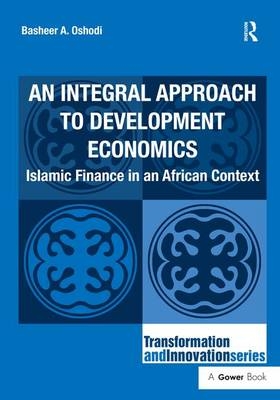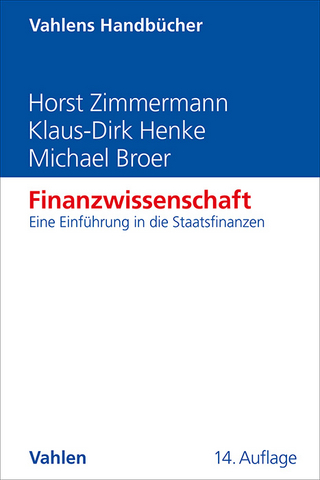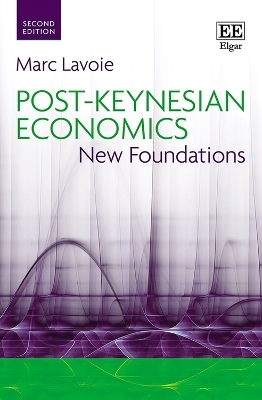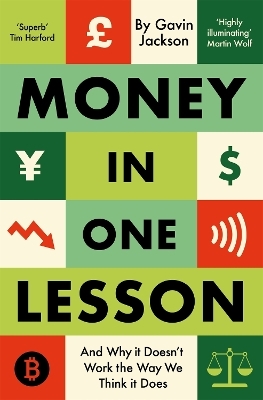
An Integral Approach to Development Economics
Routledge (Verlag)
978-1-4724-1125-9 (ISBN)
Developing economies such as those in sub-Saharan Africa are searching for realistic economic policy prescriptions. Despite economic growth in countries like Nigeria, poverty and unemployment blight the lives of many, in the midst of plenty. Simultaneously, much neo-classical economic thought is being questioned against the backdrop of global economic meltdown, giving rise to inquiry about more integral approaches to sustainable development. In An Integral Approach to Development Economics, Basheer Oshodi examines modernization theories, dependency theories, world system theories and emerging 21st century economic theories and links a neo-modern mix of economic thought with the practicalities of finance in parts of the World where poverty is rife. In a specifically African setting, over half of the population are Muslims, Oshodi considers Islamic finance in the context of the triple heritage of indigenous culture, Westernized Christianity, and Islam. He argues that the principles of Islamic banking and finance can be integrated with other elements of that heritage, focusing on meeting the challenges of poverty and unemployment. Islamic finance is not just a religiously-oriented, Sharia-compliant, alternative financial model. It can contribute to overall socio-economic transformation and a wider, people-centred approach to economic development. International organizations, financial institutions, reserve banks, policy makers, donor agencies and students will find resonance in this valuable addition to Gower’s Transformation and Innovation Series.
Basheer A. Oshodi has worked extensively in banking, management consultancy, real estate, Islamic finance and research. His experience of government, state-owned businesses and the organized private sector has greatly influenced his research interests. He has developed risk-asset products and sukuk propositions based on several Islamic finance contracts, which align with specific business requirements. He is engaged with the team designing the first Shariah-compliant short-term liquidity management instrument, comprising of several Islamic financial contracts. He became a member of the Nigerian Islamic Finance Working Group in 2009. Basheer was appointed, by Sterling Bank, as Group Head of its Non-Interest Banking Window in January 2013, where he drives the entire Islamic finance proposition. He is a pioneer of Islamic banking and finance in Nigeria; co-founder of the Centre for Islamic Socio-Economic Research (CISER) and co-founder of the Centre for Integral Social and Economic Research, where real transformational ideas are created and implemented via action research. Oshodi has recently been made a member of the Nigerian Securities & Exchange Commission (SEC) Alternative Capital Market Products Master Plan Committee.
Chapter 1 Introduction; Chapter 2 Economic Development in Nigeria; Chapter 3 The African Socio-economic World; Chapter 4 Moral Economics; Chapter 5 Economic Thinking Leading to an African Context; Chapter 6 Islamic Economics and Finance; Chapter 7 New Integral Economic Models;
| Erscheint lt. Verlag | 4.2.2014 |
|---|---|
| Reihe/Serie | Transformation and Innovation |
| Verlagsort | London |
| Sprache | englisch |
| Maße | 174 x 246 mm |
| Gewicht | 748 g |
| Themenwelt | Wirtschaft ► Volkswirtschaftslehre ► Finanzwissenschaft |
| Wirtschaft ► Volkswirtschaftslehre ► Makroökonomie | |
| ISBN-10 | 1-4724-1125-0 / 1472411250 |
| ISBN-13 | 978-1-4724-1125-9 / 9781472411259 |
| Zustand | Neuware |
| Haben Sie eine Frage zum Produkt? |
aus dem Bereich


